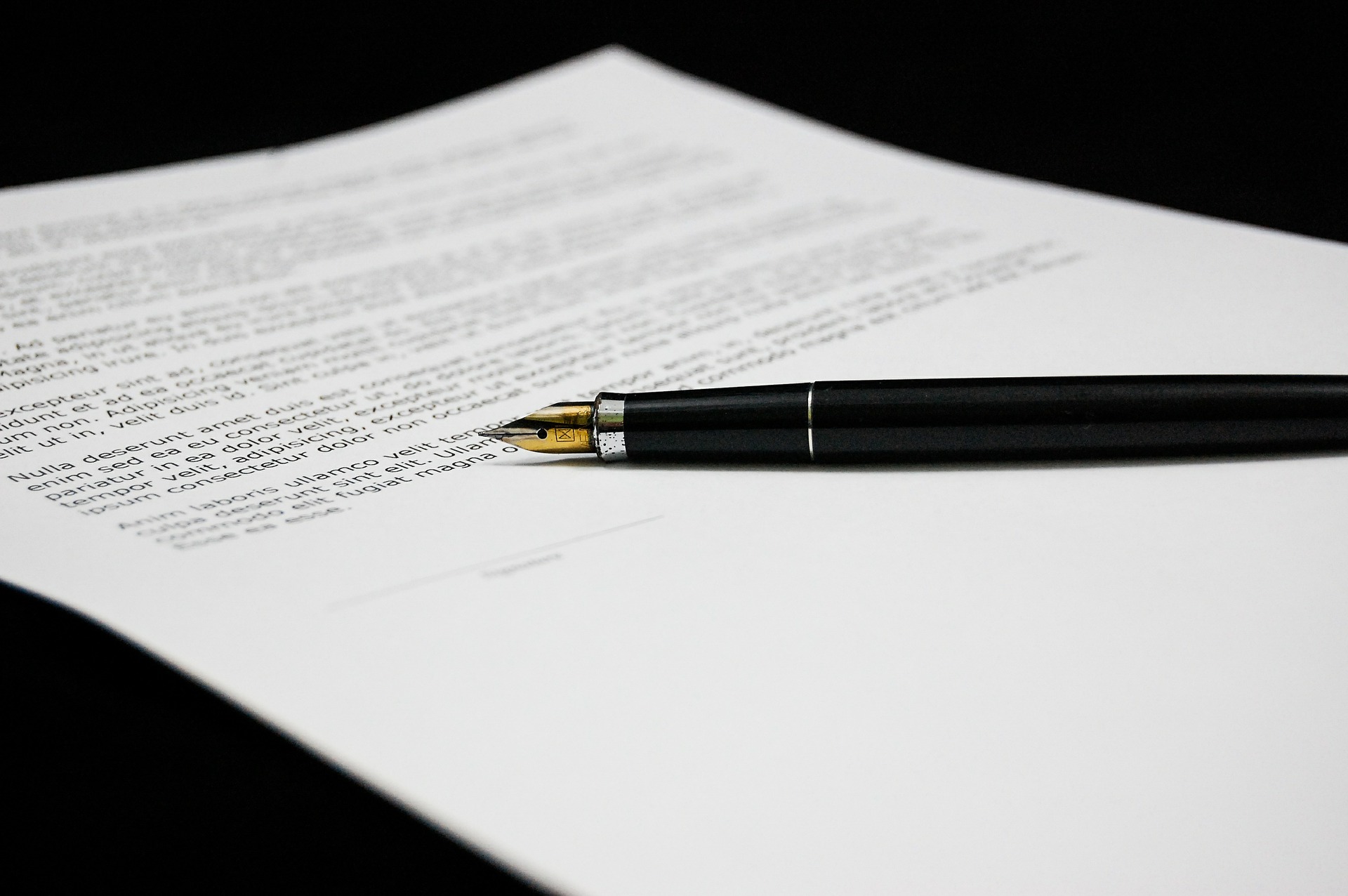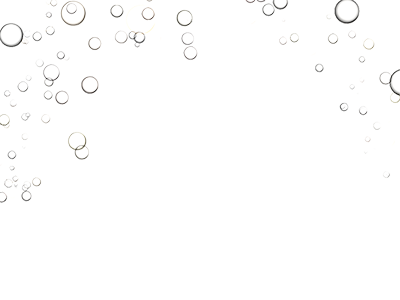Codice Etico
Tutti i componenti lo Studio (componenti; Studio), qualsiasi qualifica interna o titolo essi abbiano, nonché qualsiasi soggetto che agisca in nome o per conto o nell’interesse dello Studio, di tutte le sedi, dovranno attenersi scrupolosamente a quanto indicato in termini di valori e condotta nel presente Codice Etico (codice), stilato secondo principi e valori principi del vivere civile e professionale e parte integrante della prestazione professionale o lavorativa e del regolamento e norme interne dello Studio.
Art.1 – Etica propria dei componenti
I componenti devono agire, in qualsiasi aspetto della propria vita, con Professionalità, Lealtà, Correttezza, Trasparenza, Decoro, Precisione, Onestà, Indipendenza, Dedizione ed osservare i più elevati standard etici, rispettando negli aspetti lavorativi il Codice Deontologico del proprio Ordine Professionale e comunque il Codice Deontologico Forense, nonché le norme specifiche vigenti In Italia ed in ciascun paese in cui lo Studio è presente e comunque in cui il componente opera.
Art. 2 – Attività
Il componente nello svolgimento delle varie attività tanto esse professionali, quanto complementari a quelle professionali, e comunque quando rappresenti od operi in nome e per conto dello Studio, dovrà operare con rispetto, rigore, impegno, velocità e professionalità, tenendo alta la reputazione ed il prestigio dello Studio in ogni sede ed ambito, conducendo al meglio ed in maniera più che ottimale e professionale, le proprie mansioni e responsabilità.
Art. 3 – rapporti con la clientela
Tutti coloro che operano nello Studio, sono tenuti al massimo riserbo e riservatezza su tutto quanto vengono a conoscenza in merito a Componenti, Clienti, segreti aziendali, incarichi affidati allo Studio, iniziative ed attività non ancora sviluppate ma comunque comunicate a questi, e notizie ed informazioni direttamente od indirettamente apprese da clienti, dallo Studio, da controparti e tutti i soggetti con cui il componente entra anche marginalmente in contatto.
Ogni componente quindi è tenuto ed obbligato al segreto professionale e si obbliga a non rivelare in alcun modo ad alcuno attraverso qualsiasi mezzo quanto al comma precedente.
I Componenti nel caso vengano in possesso od a conoscenza di informazioni privilegiate o riservate di qualunque tipo su clienti o soggetti collegati anche marginalmente allo Studio, non potranno utilizzarle al fine di effettuare operazioni di qualsiasi natura, direttamente o indirettamente, per proprio conto oppure per conto di terzi.
Nella gestione di beni, i Componenti agiscono in modo da garantire l’indipendenza e l’assenza di conflitti di interesse nello svolgimento delle proprie funzioni e responsabilità,astenendosi, da quanto al comma precedente.
Art. 4 – Formazione e preparazione
Ogni componente è obbligato a curare la propria preparazione professionale ed a curarla sempre più accrescendola, conservandola, perfezionandola sempre di più, nelle materie di propria competenza ed inquadramento nello Studio, adempiendo in primis ai doveri di formazione indicati dalla legislazione vigente, ed adempiendo quindi appieno le richieste ulteriori dello Studio specifiche alla propria formazione.
Art. 5 – Anti corruzione e correttezza
Tutti i Componenti devono svolgere la propria attività professionale con rettitudine, onestà, lealtà, correttezza ed indipendenza, astenendosi quindi esplicitamente da condotte men che lecite e dal porre in essere pratiche di corruzione, favori illegittimi, comportamenti collusivi e sollecitazioni di vantaggi personali.
E’ severamente vietato corrispondere, offrire ma anche accettare, direttamente o indirettamente, pagamenti, utilità e altri vantaggi a/da enti o imprese, pubblici ufficiali e dipendenti pubblici o privati, per influenzare o compensare l’ottenimento di incarichi o atti in favore dello Studio, nonché è proibito accettare denaro o altre utilità da persone o aziende che sono o intendono entrare in rapporti di qualsiasi tipo con lo Studio.
Sono invece consentiti atti di cortesia (sia fatti che ricevuti), quali omaggi o forme di ospitalità, esclusivamente se di modico valore e comunque tali da non compromettere l’integrità o la reputazione di una delle parti e da non poter essere interpretati come finalizzati ad acquisire vantaggi in modo improprio.
Art. 6 – Dovere di Denuncia
Tutti i componenti devono segnalare tempestivamente a colui che è indicato nel Regolamento e nella normativa interna, eventuali violazioni di normativa interna, induzioni alla violazione di norme di legge o regolamento nonché di prescrizioni del presente Codice.
Svolte le necessarie verifiche, se il trasgressore sarà ritenuto colpevole di quanto segnalato sarà irrogata la relativa sanzione ed il segnalatore, che comunque rimarrà anonimo, non avrà in alcun modo alcuna conseguenza purchè la segnalazione sia stata fatta in buona fede
Articolo 7 – Rapporti con i Magistrati e la pubblica autorità
I componenti devono rapportarsi con la magistratura, i pubblici ufficiali e le altre autorità con dignità e rispetto dovuto ai singoli e rispettivi ruoli e funzioni e sono tenuti a offrire, nel rispetto del segreto professionale e delle norme deontologiche della normativa vigente e la normativa interna la massima collaborazione all’Autorità Giudiziaria ed alla pubblica autorità.
Articolo 8 – Schieramento politico, discriminazioni verso i terzi
La partecipazione a partiti o ad organizzazioni politiche sarà eventualmente propria del singolo componente ma lo Studio non avrà volutamente alcuno schieramento o tendenza politica, pertanto sarà apartitico nel rispetto di tutti e sarà quindi terzo alla politica.
Stesso dicasi per le tendenze religiose, essendo e volendo rimanere soggetto terzo.
Lo Studio e tutti i componenti si astengono da ogni discriminazione in base all’età, al sesso, all’orientamento sessuale, allo stato di salute, alla razza, alla nazionalità, alla provenienza sociale, alle opinioni politiche e alle credenze religiose.
Articolo 9 – Violazione ed Aggiornamento del Codice Etico
Ogni componente dovrà osservare il presente Codice Etico, sapendo che la sua inosservanza sarà perseguita come inosservanza grave della normativa interna, e sarà sanzionata con misure adeguate.
Il presente Codice può essere oggetto di periodica verifica, ad opera del Presidente e Fondatore o del Direttore Generale o del Consiglio di Studio.
Torino, 5 Luglio 2018
F.to Avv. Maria Franzetta (Presidente e Fondatore) – F.to Gianmarco Dassano ( Direttore Generale)
Ethical code
All components of the Firm (components, Studio), any internal qualification or title they have, as well as any person acting in the name or on behalf of or in the interest of the Firm, of all locations, must strictly comply with what is indicated in terms of values and conduct in this Code of Ethics (code), drawn up according to principles and values of civil and professional life and an integral part of professional or work performance and of the regulation and internal rules of the Firm.
Art.1 – Ethics of the members
The members must act, in any aspect of their lives, with Professionalism, Loyalty, Correctness, Transparency, Decoration, Precision, Honesty, Independence, Dedication and observe the highest ethical standards, respecting in the working aspects the Deontological Code of their Professional Order and in any case the Forensic Deontological Code, as well as the specific regulations in force in Italy and in each country where the Firm is present and in any case in which the component operates.
Art. 2 – Activities
The component in carrying out the various activities, both professional and complementary to professional activities, and in any case when representing or operating in the name and on behalf of the Firm, must operate with respect, rigor, commitment, speed and professionalism, keeping the reputation and prestige of the Firm in every location and field, conducting to the best and in a more than optimal and professional way, the own duties and responsibilities.
Art. 3 – relations with customers
All those who work in the Studio, are required to keep confidential and confidential about everything they learn about Components, Clients, business secrets, tasks entrusted to the Firm, initiatives and activities not yet developed but otherwise communicated to them, and news and information directly or indirectly learned from customers, from the Firm, from counterparties and all the subjects with which the component also comes into contact with one another.
Each member is therefore bound and bound to professional secrecy and undertakes not to disclose in any way to anyone by any means as to the preceding paragraph.
The Members in the case they are in possession or aware of privileged or confidential information of any kind on customers or subjects connected even marginally to the Firm, can not use them in order to carry out operations of any kind, directly or indirectly, on their own account or on behalf third parties.
In the management of assets, the members act in such a way as to guarantee the independence and absence of conflicts of interest in the performance of their functions and responsibilities, abstaining from the previous paragraph.
Art. 4 – Training and preparation
Each member is obliged to take care of his professional preparation and to take care of it more and more by increasing it, improving it more and more, in matters of his competence and classification in the Studio, fulfilling primarily the training duties indicated by the current legislation, and thus fully fulfilling further study requests specific to your training.
Art. 5 – Anti corruption and fairness
All the members must carry out their professional activity with rectitude, honesty, loyalty, correctness and independence, thereby explicitly refraining from conduct that is illegal and from engaging in practices of corruption, illegitimate favors, collusive behavior and solicitations of personal advantages.
It is strictly forbidden to correspond, to offer, but also to accept, directly or indirectly, payments, utilities and other benefits to / from institutions or companies, public officials and public or private employees, to influence or compensate the obtaining of offices or deeds in favor of Study, as well as it is forbidden to accept money or other benefits from people or companies who are or intend to enter into relationships of any kind with the Firm.
On the other hand, acts of courtesy (both facts and received), such as gifts or hospitality, are permitted only if they are of modest value and in any case such as not to compromise the integrity or reputation of one of the parties and can not be interpreted as aimed at gain improper benefits.
Art. 6 – Duty to Report
All the components must promptly report to the person indicated in the Regulations and internal regulations, any violations of internal regulations, inductions to the violation of the law or regulation and the provisions of this Code.
Once the necessary checks have been carried out, if the offender is found guilty of what has been reported, the relative sanction will be imposed and the signalman, who will remain anonymous, will have no consequence whatsoever provided the report has been made in good faith
Article 7 – Relations with Magistrates and public authorities
The members must relate with the judiciary, the public officials and other authorities with dignity and respect due to the individual and their respective roles and functions and are required to offer, in compliance with the professional confidentiality and the deontological standards of the current legislation and the internal regulations maximum collaboration with the Judicial Authority and the public authority.
Article 8 – Political deployment, discrimination against third parties
Participation in political parties or organizations will eventually be part of the individual component, but the firm will not deliberately have any political line or tendency, so it will be non-partisan in respect of all and will therefore be third in politics.
The same applies to religious trends, being and wanting to remain a third party.
The Study and all members abstain from any discrimination based on age, sex, sexual orientation, health status, race, nationality, social background, political opinions and religious beliefs.
Article 9 – Violation and updating of the Code of Ethics
Each member must comply with this Code of Ethics, knowing that his non-compliance will be prosecuted as a serious breach of internal regulations, and will be sanctioned by appropriate measures.
This Code may be subject to periodic verification by the Chairman and Founder or the General Manager or the Study Council.
Turin, 5 July 2018
Signed by Maria Franzetta (President and Founder) – Signed Gianmarco Dassano (General Manager)













